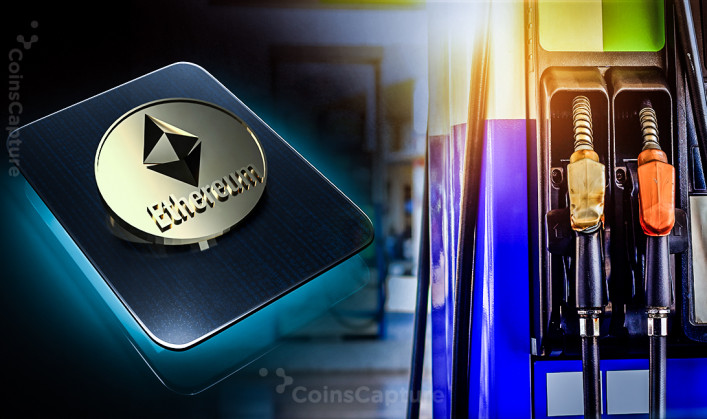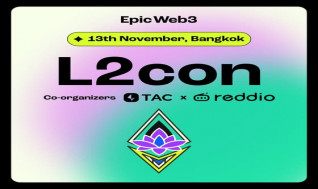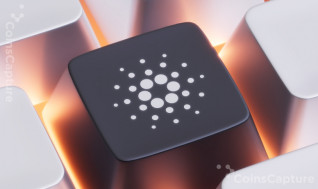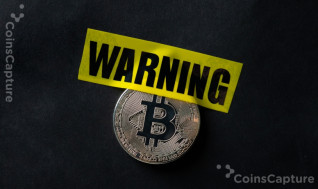2 November 2024
Ethereum Gas Fee Lowers as DEX and DeFi Volume Shrinks
The rising popularity of decentralized finance (DeFi) gathered immense attention and optimism in the crypto space. The total value locked on protocols also increased from $1 billion to $59 billion in less than a year, and the top 5 platforms account for $24.33 billion of the total value.
Rising gas fees is one of the most noticeable results of the increasing interaction with DeFi protocols. Currently, the Ethereum (ETH) network hosts the majority of the top DeFi projects. Since November 2020, the gas fee was continually rising and reached a peak on February 23. At that time, the average transaction cost went to 373 Gwei. ~ $11.72 of the current Ether price.
However, the gasoline cost faced a drastic decline by 65% after February 23. The average price dropped to 131 Gwei on March 3. Data also revealed that at certain times fees dipped below 70 Gwei. The reason for declining gas fees can be found by studying the daily decentralized exchange (DEX) volume. As per Dune Analytics data, the trading volume on DEXs has declined after reaching a peak of $4.35 billion on February 23, and the DEX daily 24-hour growth metric was also down by 50% on March 3.
The gas fee was significantly higher than the average between February 22 and February 23. The network congestion increased due to a market-wide sell-off that saw BTC price decrease by 23.6%, and altcoin prices also corrected sharply. After the market stabilized, gas fees returned to their normal average.
Those using the Ethereum network might wish for more drop in gas fees as DeFi transactions have decreased, but one reason behind the high rates could be the increased activity in the Non-Fungible Token (NFT) sector. As more and more NFT projects launch and hold auctions, high transaction costs and network congestion are likely to continue on the Ethereum network until a widely integrated scaling solution is implemented.
Layer 2 solutions and protocols with cross-chain bridges to Ethereum such as Polygon and the Binance Smart Chain have emerged over the last two months. Many projects are also migrating to these platforms for the best short-term solution to high fees. Even projects like Aavegotchi and SushiSwap have shown how effective these networks can be after their recent integration into Polygon and other NFT and DeFi projects are likely to follow as transaction costs speeds are higher than Ethereum.






